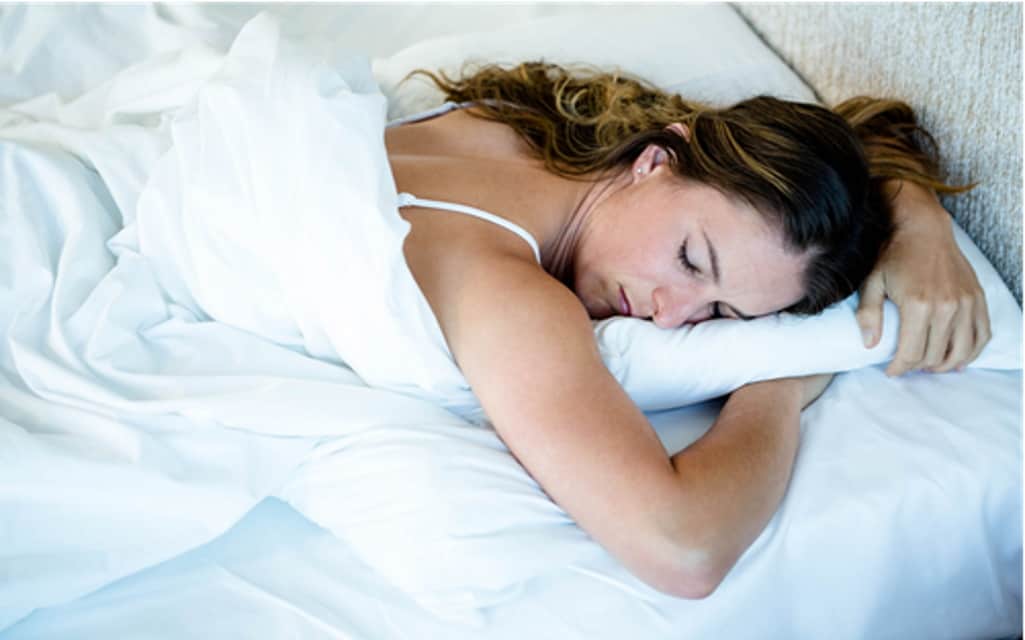Have you been having trouble sleeping recently? More trouble than usual?
Well, you’re not alone. Stress is a major factor In causing problems sleeping, and the news has certainly been stressful lately!
However, there are things you can try to help yourself sleep better, naturally. Let’s go through some of the best sleep vitamins to help you get a good night’s rest.
1. Melatonin
You’ve probably heard of melatonin before — it’s one of the first supplements people try when they are having trouble sleeping. Melatonin is a hormone that’s naturally found in your body, but supplements can help if you’re not getting as much as you need.
Melatonin helps you fall asleep, and stay asleep longer. It may also help trigger REM sleep, which improves your memory and your overall health.
If you’re not much for swallowing pills or tasting gross liquids, then there’s great news for you. You can try sleep gummies so you don’t have to choke down pills just to get some rest.
2. Vitamin C
You might not think Vitamin C affects how you sleep (you probably think of it more as a way to protect yourself during cold and flu season), but there is research suggesting that it does.
Vitamin C is thought to help reduce stress symptoms, including the inability to sleep, by reducing cortisol levels. Vitamin C is also thought to reduce Restless Leg Syndrome, which can also disrupt your sleep — and probably your partner’s sleep, as well!
Read More: 5 tips on how to sleep comfortably and healthily
3. Vitamin D
This vitamin, that you get from sunlight, is thought to be linked with your ability to sleep because it is detected in areas of the brain that helps you sleep. Vitamin D deficiencies are believed to make it harder for you to sleep — which is a major problem, as many people around the world have Vitamin D deficiencies.
If you do decide to take Vitamin D, there’s something important to keep in mind. It may seem counterintuitive, but research suggests that because of how Vitamin D interacts with your brain, you should take any Vitamin D supplements in the morning, rather than at night.
4. Iron
You may think of iron in the context of anemia — many women have iron deficiencies, which causes anemia and other health problems.
However, iron also helps move oxygen around your body, which affects the quality of your sleep along with causing other health problems.
If you have an iron deficiency, you might feel more tired throughout the day, and your sleep may be less restful. If you suspect you have an iron deficiency, especially if you are in a group more prone to iron deficiencies) you should talk to your doctor and see if you should be tested.
Read More: Oversleeping: The Health Implications of Sleeping Too Much
The Best Sleep Vitamins Out There
As you can see, there are many different sleep vitamins you can take to make sure you’re always getting your beauty sleep. Be careful, though — consult your doctor before you start taking a new vitamin regime.
Interested in reading other, similar articles? Check out some of our other blogs!



